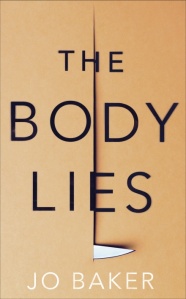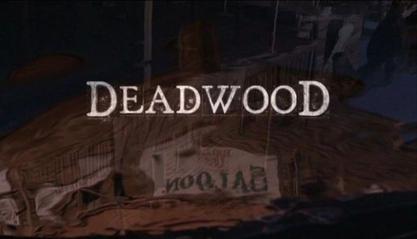 I wondered why Blackadder was trending today, and learned that the original team are planning a fifth series of the hit comedy. Like most people I think it’s a bad idea, and indeed from the report it seems this wasn’t much more than a boozy lunch in Soho House. It may well come to nothing.
I wondered why Blackadder was trending today, and learned that the original team are planning a fifth series of the hit comedy. Like most people I think it’s a bad idea, and indeed from the report it seems this wasn’t much more than a boozy lunch in Soho House. It may well come to nothing.
I belong to the last generation of Blackadder bores – people who grew up with four terrestrial channels, with scheduled catchphrase comedy shows that I would absorb and then bellow the catchphrases in school the next morning and then at the office. There are plenty of ageing comedy geeks like us out there and I assure you that we have bored colleagues almost to the point of physical violence by repeatedly going through routines from Blackadder, Fast Show, Red Dwarf and dozens of other classic shows. I think that cheap streaming services and multichannel sets have killed this variant of the comedy geek forever (although Ricky Gervais satirised it very well in the character of David Brent, a sitcom star who annoys his colleagues by bellowing ancient sitcom lines at every opportunity).
Michael Gove, when he was Education Secretary, had a go at the last series because he said it gives a too pessimistic view of World War One: ‘The conflict has, for many, been seen through the fictional prism of dramas such as Oh! What a Lovely War, The Monocled Mutineer and Blackadder, as a misbegotten shambles – a series of catastrophic mistakes perpetrated by an out-of-touch elite.’ I’ve never studied the Great War at all, so I can’t comment on the slanders perpetuated – so Gove says – on the reputation of Field-Marshal Haig: although I have read enough history to know that the Blackadder view of the nineteenth century imperial wars was a bit simplistic, to put it kindly. (And Blackadder took a shot at the great pacifist war poets, too: ‘War’s an horrid thing/So I sing sing sing/Ding-a-ling-a-ling…’)
It also seems to have been popular with actual soldiers, as well. Richard Holmes, in Dusty Warriors, his book about the Iraq war, includes an account of the show’s impact on military humour:
With Y Company being older, longer serving and therefore the most cynical, part of the battle group humour was particularly fatalistic. The natural choice obviously is Blackadder, of particular significance as the soldier sees himself hard done by by the sardonic Blackadder. His less than proficient peers are the witless Baldrick, and the dash and doubtful-do of Lt George is perfect for ridiculing the commissioned officers. The main protagonists of this were Cpl Chris Mulrine and Sergeant Clint Eastwood (fire controller turned water engineer). Chris would slope around crying ‘Deny everything, Baldrick’ or ‘Don’t forget your stick, Lieutenant’ at the most inopportune moments, and on special occasions (usually on the eve of one of the big ops) he could be found muttering to himself ‘Fine body of men… about to become fine bodies of men’ and ‘Ice cream in Berlin in fifteen days, or ice cold in No Man’s Land in fifteen seconds.’ His timing and application of quotes were carried out with understated style and panache.
We have wandered a little way off the trail. It is not in the scope of a half-hour show to give every nuance and shade of a complex international conflict. What the show does do, very well, is bring history home. I remember watching ‘Goodbyeeeee’ with my family, when it first aired. It took us completely by surprise, the first three series were historical romps with silly endings – and now, the fire, the smoke, and then, the field of roses. Blackadder is part of the lost kingdom of communal TV, and you don’t have to be Paul Morley or Dominic Sandbrook to realise that past that era, the show can’t possibly have the impact it once had.
I also query the premise of the potential new series. The Blackadder family has always stayed close to power and, though the politics and HR of a university no doubt provide opportunities for all sorts of cunning plans, I don’t see that the old rogue Edmund would settle for a lectureship at a college market town. Richard Curtis is quoted as saying that ‘The thing about Blackadder, it was a young man’s show criticising older people, saying how stupid those in authority were. So I did once think, ‘If we ever did anything again, it should be Blackadder as a teacher in a university, about how much we hate young people.’ It would be a shame to see the dynasty end in six episodes of weak lashed together jokes about student protest and safe spaces.
That’s my take on it, anyway. Now, if you’ll excuse me, a lorryload of paperclips has just arrived.

